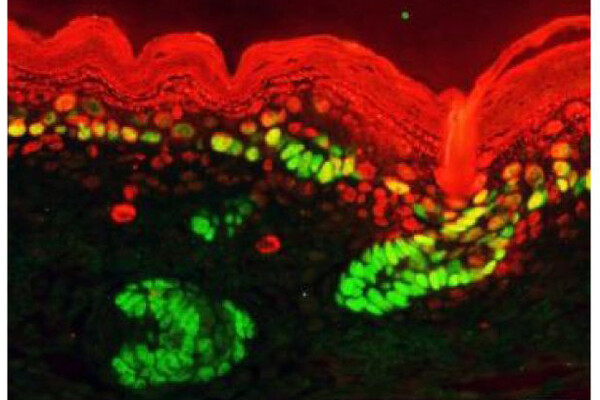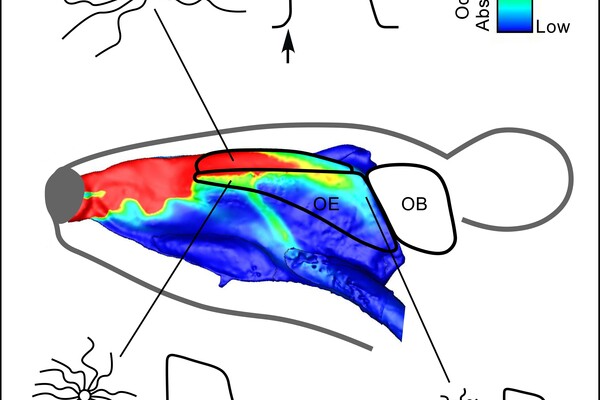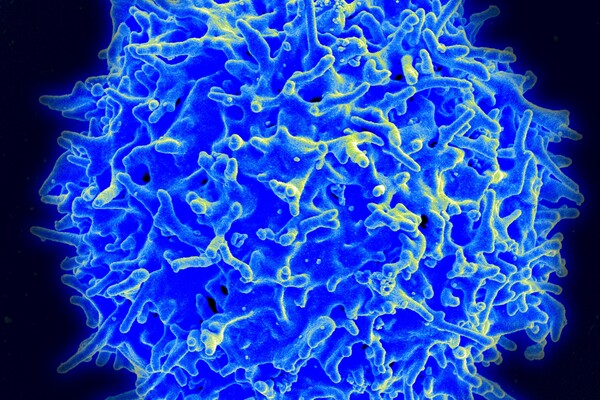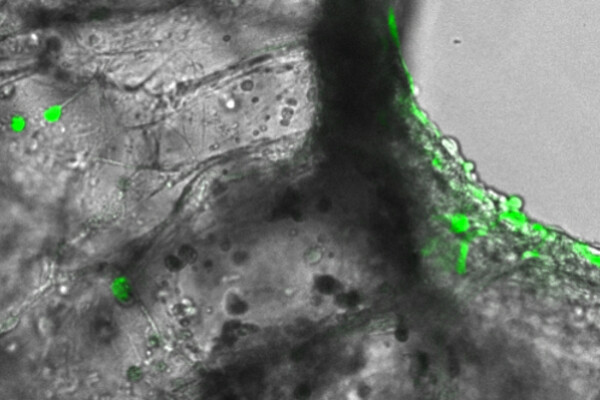5/10
Health Sciences
Penn Study Demonstrates Genes' Major Role in Skin and Organ Development
Knocking out one or both crucial regulatory genes caused cleft lip, skin barrier defects, and a host of other developmental problems in mice, according to new research from the Perelman School of Medicine at the University of Pennsylvania, hinting that abnormalities in these molecular pathways could underlie many birth defects that are presently not well understood.
Penn Vet Team Identifies a Form of Congenital Night Blindness in Dogs
People with congenital stationary night blindness, or CSNB, have normal vision during the day but find it difficult or impossible to distinguish objects in low light. This rare condition is present from birth and can seriously impact quality of life, especially in locations and conditions where artificial illumination is not available.
Sensitivity of Smell Cilia Depends on Location and Length in Nasal Cavity, Penn Researchers Find
Like the hairs they resemble, cilia come in all lengths, from short to long. But unlike the hair on our heads, the length of sensory cilia on nerve cells in our noses is of far more than merely cosmetic significance.
Effects of Incarceration Spill Over into Health Care System, Penn Study Finds
Consequences of incarceration on former inmates and their families are well known. But how does imprisonment affect the health care system as a whole?
Blood Cancers Develop When Immune Cell DNA Editing Enzyme Hits Off-target Spots in the Genome, Penn Animal Study Finds
Sometimes when the immune system makes small mistakes, the body amplifies its response in a big way: Editing errors in the DNA of developing T and B cells can cause blood cancers.
Paying Women to Have Mammograms Is Unethical, Penn Medicine Ethicist Says
The widespread practice of incentivizing mammogram completion via cash payments, typically by insurance companies and ranging from $10 to $250, is unethical according to a Viewpoint article published this week in JAMA by an expert from the
Penn Researchers Report Sustained Remission After Treatment with Investigational Personalized Cellular Therapy In Patient with Multiple Myeloma
A multiple myeloma patient whose cancer had stopped responding after nine different treatment regimens experienced a complete remission after receiving an investigational personalized cellular therapy known as CTL019 developed by a team at the University of Pennsylvania.
Penn Research Helps Develop Predictive Model of How Humans Estimate Speed
Most studies of psychological mechanisms involve watching those mechanisms in action and then devising a theory for how they work.
Penn Study Identifies Viral Product That Promotes Immune Defense Against RSV
Almost all human beings are exposed to the respiratory syncytial virus, or RSV, before their second birthdays. For most, the symptoms mimic those of the common cold: runny nose, coughing, sneezing, fever.
Penn and German Researchers Help Identify Neural Basis of Multitasking
What makes someone better at switching between different tasks?
In the News
What’s going on with tranq?
Jeanmarie Perron of the Perelman School of Medicine says that the appearance and progression of skin ulcers and tissue loss on xylazine users is different than with other intravenous drugs.
FULL STORY →
It’s time to end the Medicare-Medicaid merry-go-round
In an opinion essay, Rachel M. Werner of the Leonard Davis Institute, Wharton School, and Perelman School of Medicine says that Medicare and Medicaid fail to integrate coverage and coordinate care across their two plans.
FULL STORY →
Inside Penn’s transfer center
Penn Medicine’s transfer command center gets patients from affiliated hospitals and hospitals outside Philadelphia to specialized care that can save lives, with comments from CEO Kevin Mahoney.
FULL STORY →
The quest for treatments to keep weight off after Ozempic
Researchers at Penn are conducting a co-authored study of the brains, fat and muscle cells, and eating patterns of people trying to maintain new body sizes.
FULL STORY →
Operating rooms are major sources of greenhouse gasses. Penn is eliminating a form of anesthesia that hangs in the air for more than a decade after use
Penn Medicine is phasing out the anesthesia desflurane at four of its six hospitals to eliminate harmful greenhouse gases, with remarks from Greg Evans.
FULL STORY →













